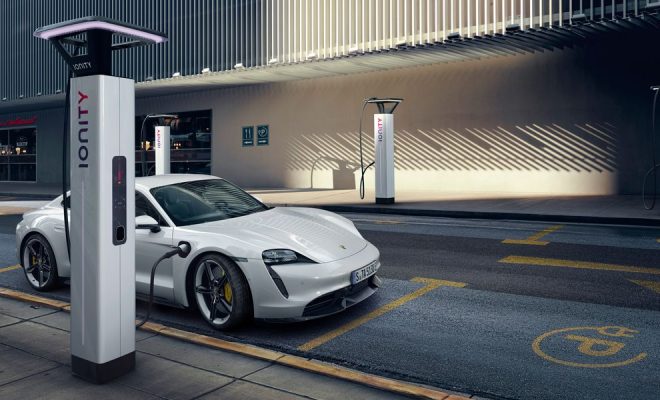Reasons 800v Architecture Is the Future of EVs

Electric vehicles (EVs) have been gaining popularity in recent years due to their efficiency, reduced emissions, and smooth driving experience. However, one challenge faced by EV manufacturers is how to efficiently manage the high voltage needed to power these vehicles. This is where the 800v architecture comes in – a technology that promises to revolutionize the EV industry.
800v refers to the operating voltage of the battery system and electrical components in an electric vehicle. A typical EV operates at 400v, which is already a considerable increase from the 12v found in traditional gasoline vehicles. The 800v architecture, as the name suggests, effectively doubles this voltage capacity, thereby offering significant benefits.
One of the most significant advantages of 800v architecture is its ability to deliver fast charging times. Electric vehicles require massive batteries to achieve high ranges, which can take a long time to charge. However, with 800v architecture, EVs can charge up to 80% in just over 20 minutes – almost twice as fast as a 400v system. This enhanced charging speed makes electric vehicles more convenient and more practical for daily use.
Another key advantage of 800v architecture is its improved efficiency. More extended range EVs require larger batteries, and this translates to heavier vehicles. But the 800v architecture can deliver more power while minimizing electrical losses, making it more efficient. This increased efficiency translates to longer driving ranges, lower operating costs, and improved overall performance.
The 800v architecture provides more robust power delivery capabilities as well, enabling greater acceleration and power for electric vehicles. This makes it more feasible to build high-performance EVs that match or exceed the performance of gasoline vehicles.
One factor that might hold back the growth of electric vehicles is the higher price tag compared to traditional cars. However, the 800v architecture can offer cost savings for manufacturers, which can eventually trickle down to the consumer. The 800v architecture allows automakers to achieve substantial cost reductions by reducing the number of components needed in the battery system. This cost-saving is possible because a higher voltage allows the use of thinner materials for the same power levels, making the battery cells lighter and less expensive.
Finally, as more electric vehicles hit the market, there are concerns about the strain they may place on the electrical grid. The 800v architecture can help offset some of these concerns by reducing the charging times, making EVs more practical for daily use. Additionally, higher-voltage systems can take advantage of off-peak charging hours, reducing the load on the grid during peak energy demand.
In conclusion, 800v architecture promises to be a game-changer in the EV industry, offering faster charging times, improved efficiency, power delivery and cost-saving benefits. Manufacturers such as Porsche, Audi, and Tesla are already utilizing this technology in their latest EV models, signaling that it is the future of electric vehicles. With more consumers switching to electric vehicles every year, the 800v architecture is poised to generate widespread adoption and acceptance, making EVs a more practical, convenient, and sustainable option for the future of transportation.






